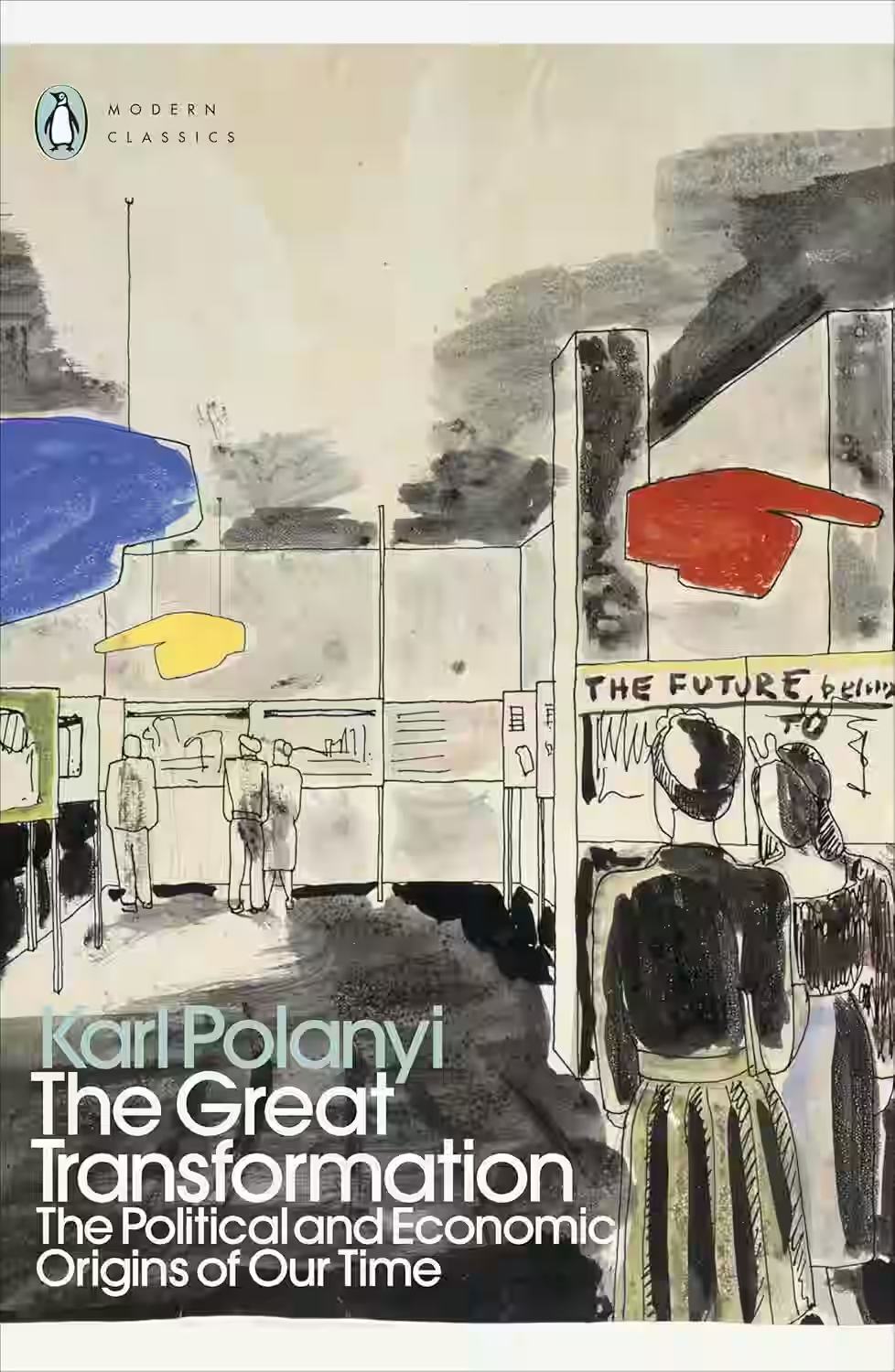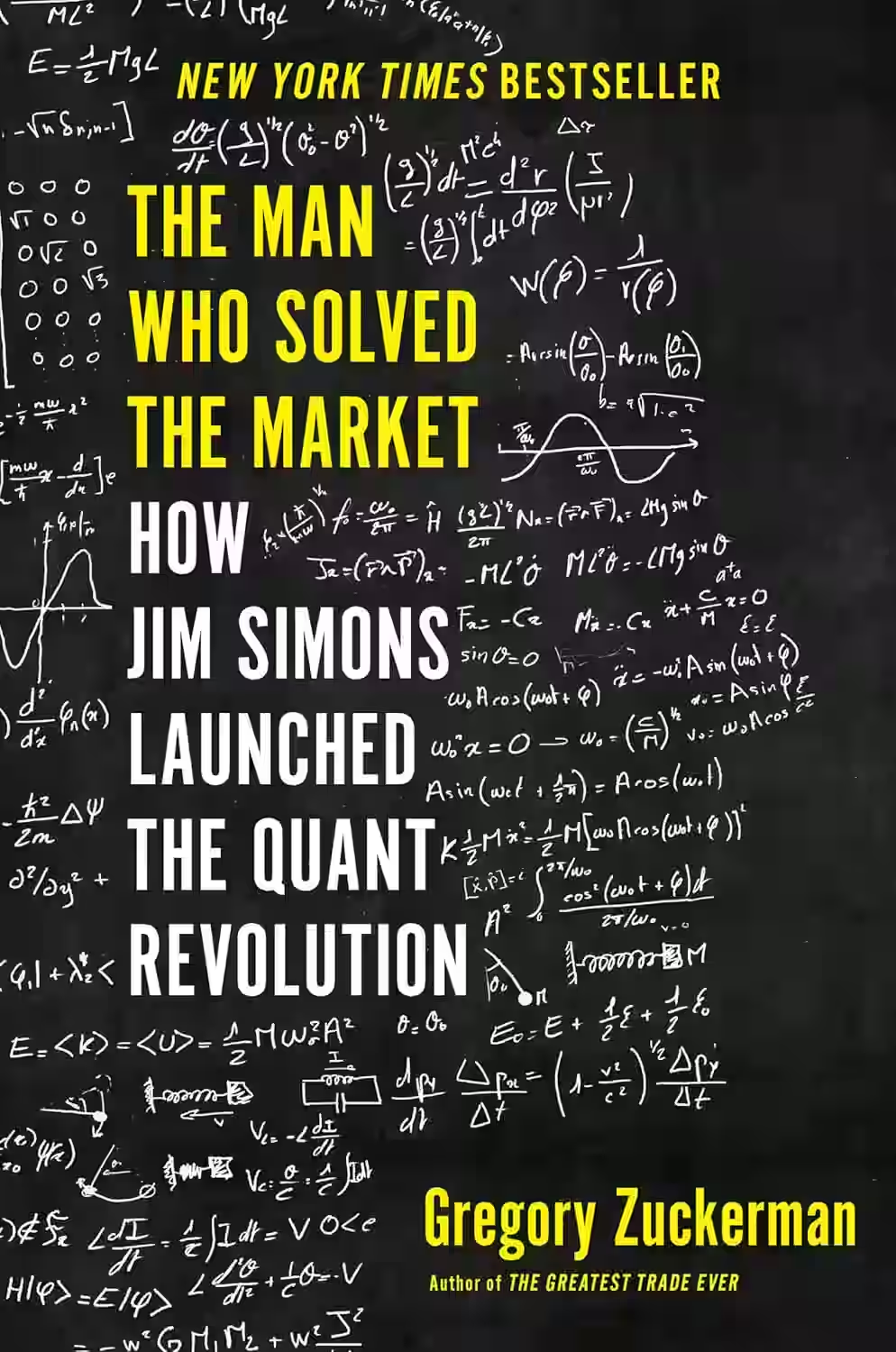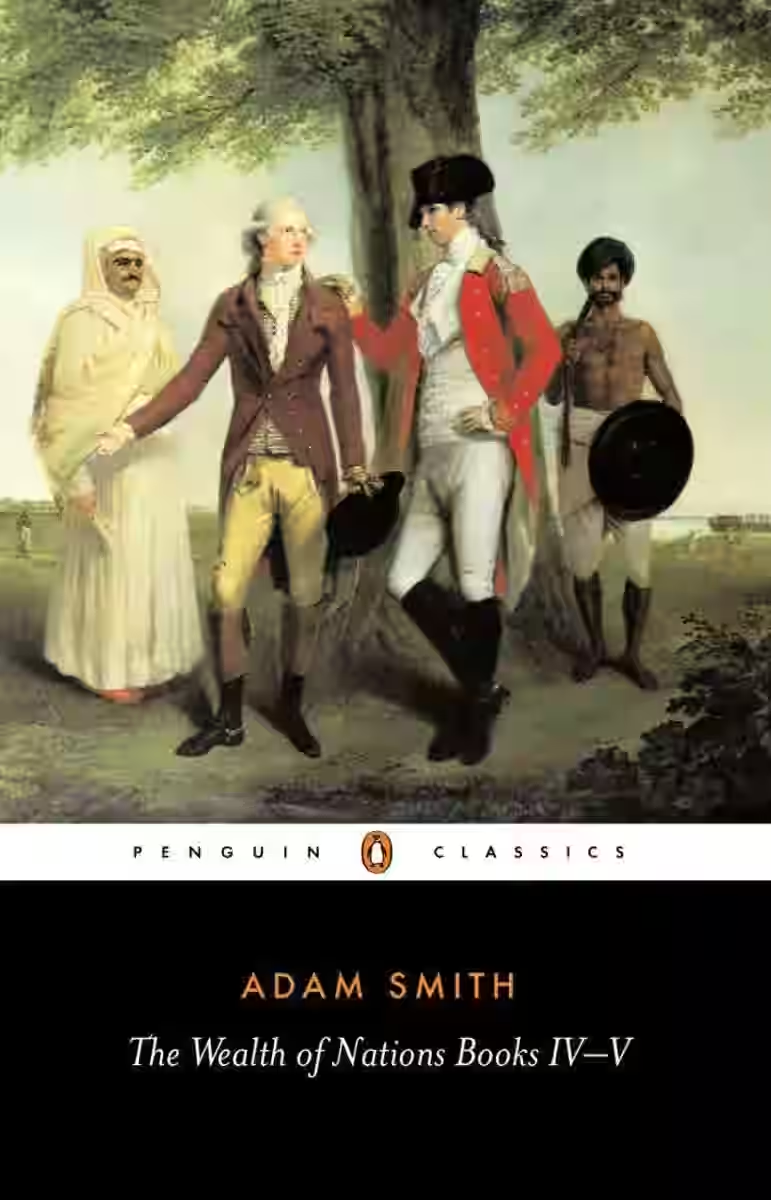
In 'The Great Transformation' by Karl Polanyi, the author dissects the roots of modern society's economic and social structures. Through a historical lens, Polanyi examines the shift from traditional to market economies, delving into the consequences of this transformation on individuals and communities. He argues that the commodification of land, labor, and money has led to widespread social dislocation and environmental degradation, presenting a thought-provoking critique of capitalism. With compelling insights and thorough research, Polanyi challenges readers to rethink prevailing economic ideologies and consider alternative models for organizing society. This seminal work remains relevant in today's discourse on economic inequality and sustainability.
About Karl Polanyi
Karl Polanyi (1886-1964) was a Hungarian-Canadian economic historian and social theorist known for his groundbreaking work on economic anthropology and political economy. Born in Vienna, he fled Europe during WWII, eventually settling in Canada where he co-founded the Department of Economics at the University of Toronto. Polanyi's seminal work, 'The Great Transformation' (1944), critiqued the destructive social impact of a free-market economy, advocating for a more human-centered approach. His ideas on the embeddedness of the economy in society continue to influence debates on globalization, capitalism, and social welfare. Polanyi's interdisciplinary perspective and advocacy for a more balanced economic order have left a lasting mark on the fields of economics and sociology.
Similar Books

The Man Who Solved the Market: How Jim Simons Launched the Quant Revolution
In 'The Man Who Solved the Market', Gregory Zuckerman delves into the fascinating world of finance and mathematics through the lens of legendary investor Jim Simons. The book offers readers a detailed exploration of how Simons revolutionized investing through quantitative strategies at his firm, Renaissance Technologies. Zuckerman delves into Simons' life story, the challenges he faced, and the groundbreaking techniques he employed to outsmart Wall Street. Through meticulous research and compelling storytelling, Zuckerman provides keen insights into the complexities of financial markets and the brilliance of Simons' approach. This book is a must-read for anyone intrigued by the intersection of math and money.

Enlightenment Now
In Enlightenment Now, Steven Pinker defends the values of reason, science, humanism, and progress as the driving forces behind global improvements in health, wealth, safety, and freedom. Using data and visualizations, he argues that despite the doom-and-gloom narratives of modern media, the world is improving across nearly every measurable domain. Pinker traces these advances to Enlightenment principles, advocating for their continued relevance in addressing today’s challenges. Though some critics view his optimism as overly confident, the book offers a powerful counterpoint to cynicism and a celebration of humanity’s capacity to solve problems through knowledge and cooperation.

My Years with General Motors
In My Years with General Motors, Alfred P. Sloan recounts his leadership of one of America’s most iconic corporations during its rise to industry dominance. Serving as GM’s president, then chairman, Sloan details how he transformed the company through decentralized management, financial discipline, and strategic innovation. His memoir provides deep insight into corporate governance, organizational structure, and long-term planning. More than a personal narrative, the book is a blueprint for modern business practices and executive leadership. It has been widely studied by business schools and executives, offering timeless lessons on scale, efficiency, and adapting to change in a competitive marketplace.

The Wealth of Nations: Books IV-V
by Adam Smith
Series: The Wealth of Nations (#2)
Books IV–V of The Wealth of Nations critique existing economic policies and propose a framework for limited but essential government intervention. In Book IV, Smith dissects the mercantile system, rejecting trade restrictions and monopolies while advocating for free trade. He critiques colonialism and tariffs, favoring open markets. Book V addresses the role of the state in education, justice, defense, and infrastructure—functions Smith sees as necessary for a stable, prosperous society. These volumes balance his case for laissez-faire economics with the need for public investment, rounding out his vision of a functional, ethical, and productive political economy.